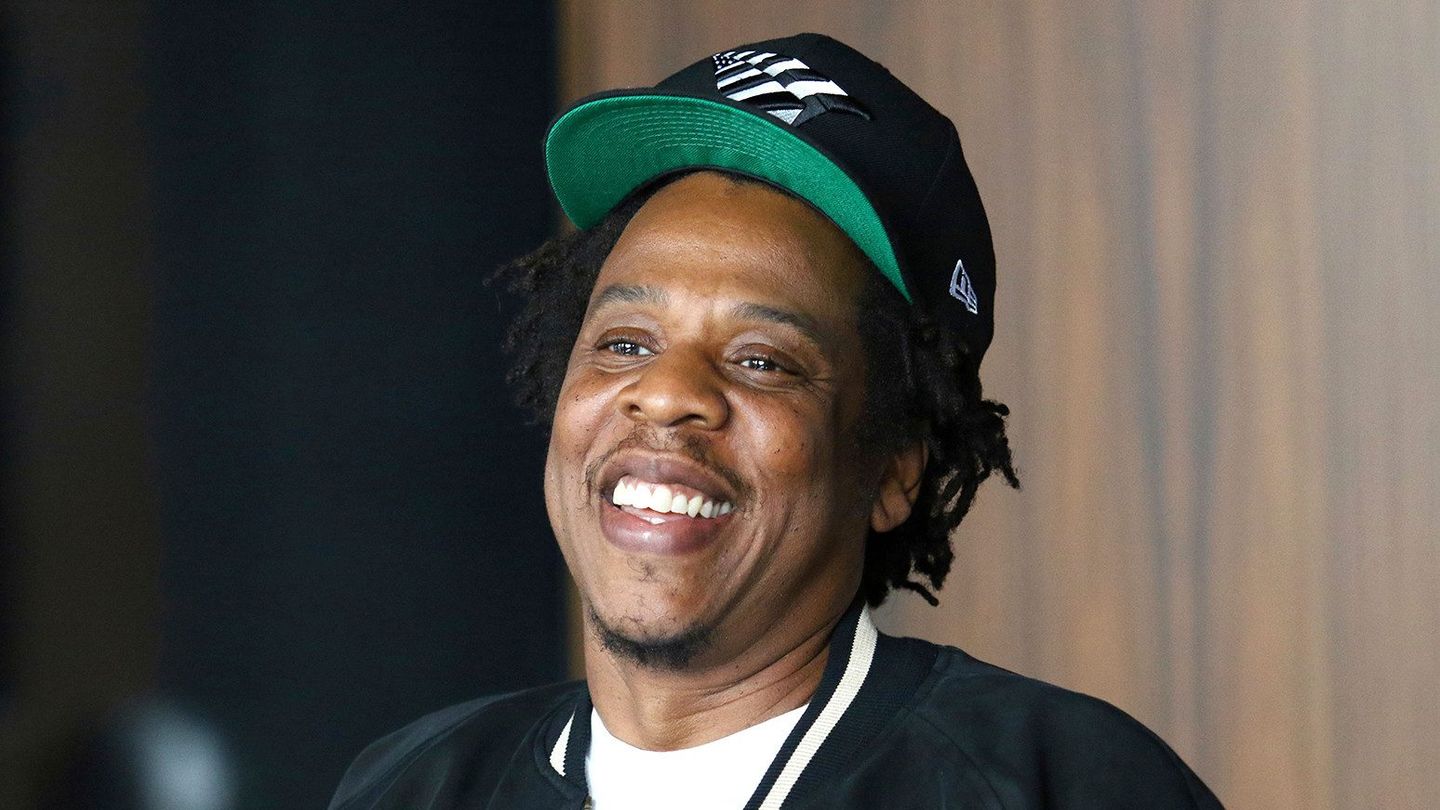
Watches -- 12 days ago

Celebrity-backed SPACs are everywhere at the moment.
Discover the perks of being a member
| Clubhouse Membership | |
|---|---|
| Two Magazines per yearDelivered to your door | |
| Full Access to Paywall contentAccess to all member-only online features | |
| Membership Cardto redeem all the perks. | |
| Members Invites to Exclusive Eventsto private Clubhouse events | |
| Weekly newsletter Straight to your inbox | |
To receive the latest in style, watches, cars and luxury news, plus receive great offers from the world’s greatest brands every Friday.
